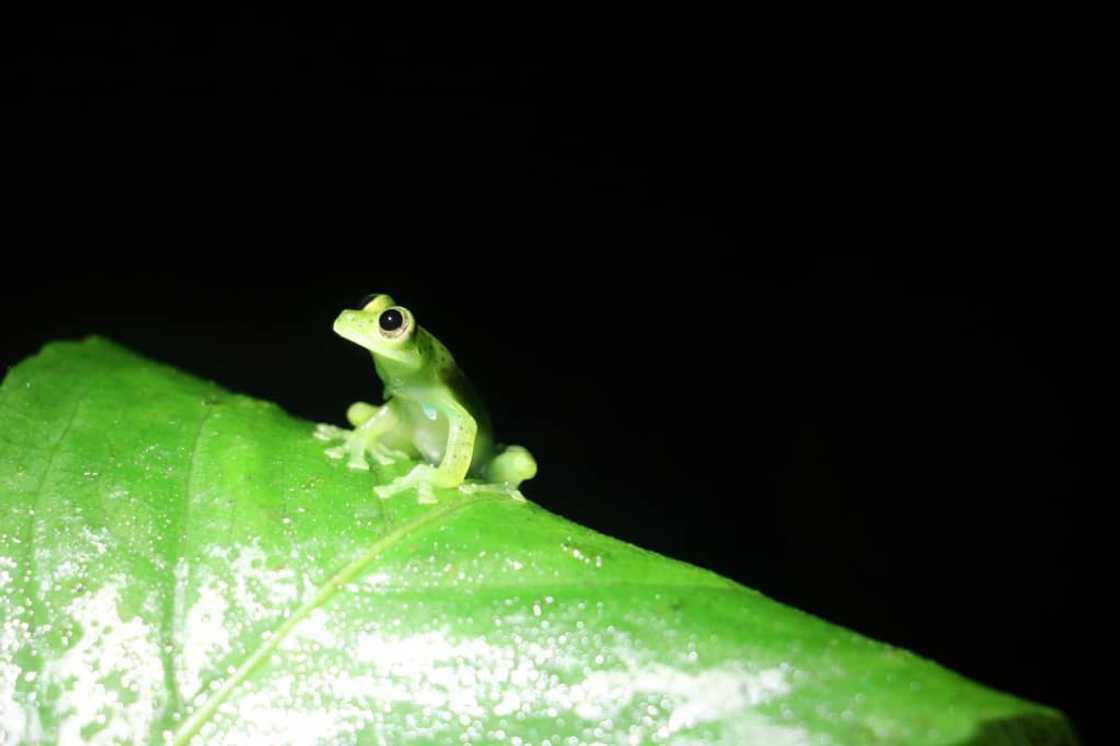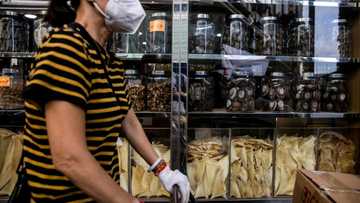Turtles and see-through frogs on agenda at wildlife summit

Source: AFP
PAY ATTENTION: Сheck out news that is picked exactly for YOU ➡️ find the “Recommended for you” block on the home page and enjoy!
A global wildlife summit in Panama will decide whether to take measures to protect the translucent glass frog and 12 types of freshwater turtles in its final week, which kicked off Monday.
Conservation experts and delegates from more than 180 nations began the week with a decision to maintain a ban on the trade of white rhinoceros horn, despite a request from Eswatini that was backed by Japan and several other African countries.
The tiny nation, formerly known as Swaziland, had argued the money from the sale of rhino horn would aid in the conservation of the threatened species.
Delegates began meeting last week Monday to discuss 52 proposals to modify protection levels set by the Convention on International Trade in Endangered Species of Wild Fauna and Flora (CITES).
In the coming days the fate of several unique amphibians will be up for debate.
"Freshwater turtles are among the main groups that are trafficked in the countries and there is high pressure for international trade," said Yovana Murillo, who heads a program against wildlife trafficking for the Wildlife Conservation Society (WCS).
PAY ATTENTION: Never miss breaking news – join Briefly News' Telegram channel!
Brazil, Colombia, Costa Rica, and Peru want to list two species of matamata turtles, which live in the Amazon and Orinoco basins, on CITES Appendix II, which requires the tracking and regulation of trade.
Doris Rodrigues of Peru's forestry service, told AFP that the striking matamata turtles, with their beetle-like appearance, have become sought-after pets, and "face many threats."
These include habitat destruction, pollution, illegal trade, and being hunted for their meat and eggs.
Glass frog
Delegates will also debate regulating the trade of the nocturnal glass frog, found in several rainforests in central and south America.
The amphibian is an increasingly popular pet. Some are a lime green color, while others have translucent bellies and chests.
"They are being collected for their beauty. They are being trafficked and some are in critical danger," said Rodriguez.
CITES, in force since 1975, regulates trade in some 36,000 species of plants and animals and provides mechanisms to help crack down on illegal trade. It sanctions countries that break the rules.
The meeting of the parties to the convention takes place every two or three years.
PAY ATTENTION: Сheck out news that is picked exactly for YOU ➡️ find the “Recommended for you” block on the home page and enjoy!
Source: AFP



